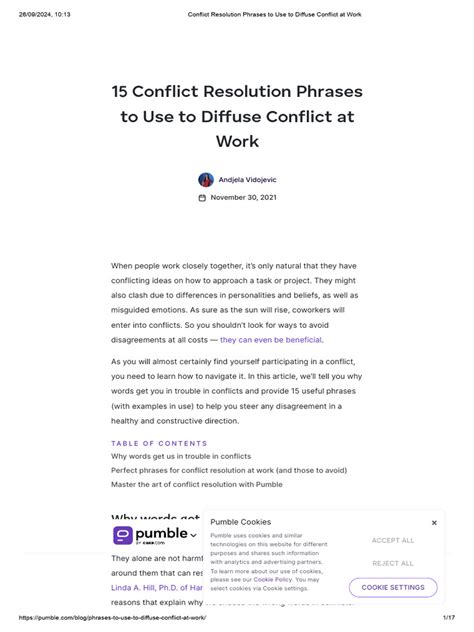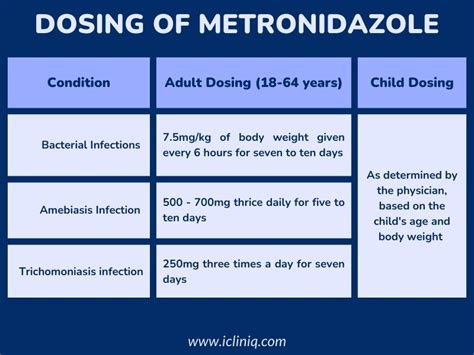Conflict is an inevitable part of any close relationship, but how we navigate those disagreements makes all the difference. Instead of letting tensions escalate or sweep issues under the rug, equipping yourself with specific, constructive phrases can transform heated arguments into opportunities for deeper understanding and stronger bonds. The goal isn’t to avoid conflict, but to engage in it effectively and respectfully.

The Power of “I” Statements
One of the most foundational shifts in conflict communication is moving from “you” statements to “I” statements. “You” statements often sound accusatory and put the other person on the defensive. “I” statements, conversely, express your feelings and needs without assigning blame.
- “I feel [emotion] when [specific action] because [reason/impact on me].”
Example: “I feel hurt when you interrupt me during discussions because it makes me feel unheard.” - “I need [specific need] from you right now.”
Example: “I need some space to process this before we continue.” - “My concern is [specific issue].”
Example: “My concern is that we’re not allocating our household chores evenly.”

Cultivating Empathy and Understanding
Effective conflict resolution isn’t just about expressing yourself; it’s equally about truly hearing and understanding the other person’s perspective. Phrases that demonstrate active listening and empathy can de-escalate tension and open pathways for connection.
- “It sounds like you’re feeling [emotion] because [reason]. Is that right?”
This validates their feelings and gives them a chance to correct or elaborate. - “I hear you saying [paraphrase their point].”
Confirms you’re listening and allows for clarification. - “Can you tell me more about that?”
Shows genuine interest in their experience and encourages deeper explanation. - “I can see why that would be frustrating/upsetting/difficult for you.”
Acknowledges their emotional experience without necessarily agreeing with their actions or conclusions.

Seeking Solutions Together
Once both parties feel heard and understood, the conversation can shift towards collaborative problem-solving. These phrases encourage a forward-looking, team-oriented approach rather than dwelling on blame.
- “What can we do to make this better/different next time?”
Focuses on future actions and shared responsibility. - “My ideal outcome here would be [specific solution], how does that sound to you?”
Proposes a solution while inviting feedback and collaboration. - “How do you think we should address this moving forward?”
Empowers the other person to contribute to the solution. - “Let’s brainstorm some options together.”
Encourages joint creativity in finding a resolution.

Phrases for De-escalation and Pausing
Sometimes, despite best intentions, conversations can become too intense. Knowing when and how to pause or de-escalate is crucial for preventing further damage and ensuring a productive discussion can resume later.
- “I feel like we’re getting off track. Can we refocus on [original issue]?”
Gently steers the conversation back to the core problem. - “I need to take a break. Can we revisit this in [timeframe – e.g., 30 minutes, tomorrow]?”
A responsible way to cool down without abandoning the issue. - “Let’s try to rephrase that more gently.”
Invites a kinder tone without directly criticizing. - “My intention here is [positive intention], not [negative assumption].”
Clarifies your motives when they might be misunderstood.

Mastering these specific phrases won’t eliminate conflict, but they will equip you to navigate it with grace, respect, and a greater chance of positive outcomes. Practice them, adapt them to your unique relationships, and watch as your difficult conversations transform into meaningful dialogues that strengthen your connections.




